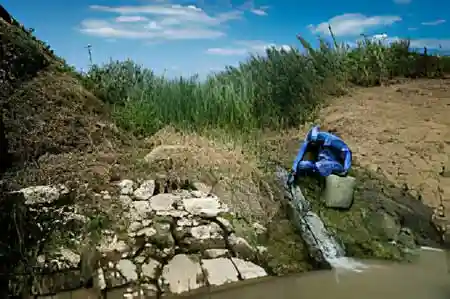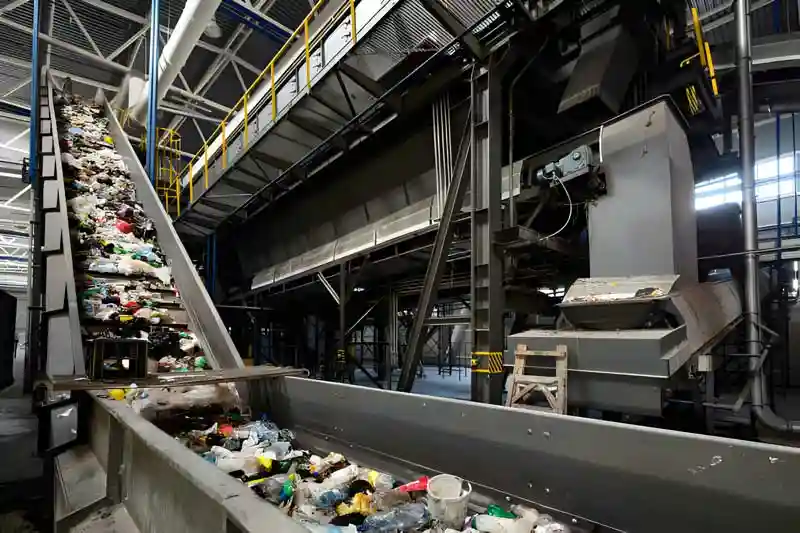views
A Complete Guide to Hazardous Waste Collection and Disposal Services
A Complete Guide to Hazardous Waste Collection and Disposal Services

Introduction
Hazardous waste is an unavoidable byproduct of industrial, medical, and even household activities. Whether it's chemical residues, expired pharmaceuticals, or industrial by-products, handling hazardous materials incorrectly can lead to severe environmental and health risks. To prevent these dangers, businesses and individuals must rely on professional hazardous waste collection and disposal services that ensure compliance with environmental laws while safeguarding public health.
What Qualifies as Hazardous Waste?

Hazardous waste is classified based on its potential risk to humans and the environment. According to environmental agencies, waste is considered hazardous if it exhibits any of the following characteristics:
· Toxicity: Contains poisonous substances that can cause severe health issues.
· Corrosivity: Can corrode metals or damage living tissues (e.g., strong acids and bases).
· Ignitability: Easily catches fire under normal conditions.
· Reactivity: Can explode or release toxic gases when mixed with other substances.
Sources of Hazardous Waste
· Industrial and Manufacturing Waste: Chemical byproducts, petroleum waste, and metal residues.
· Medical and Pharmaceutical Waste: Expired medicines, sharps, and pathological waste.
· Household Hazardous Waste: Paints, batteries, cleaning chemicals, and pesticides.
· E-Waste: Old electronics containing lead, mercury, and cadmium.
How Hazardous Waste Collection and Disposal Services Work

A professional hazardous waste collection and disposal service follows a systematic approach to ensure safe waste handling:
1. Identification and Segregation
o Waste is classified based on its hazardous properties.
o Materials are stored in appropriate containers with proper labeling.
2. Collection and Transportation
o Specialized vehicles transport waste to treatment facilities.
o GPS tracking ensures waste reaches its disposal site safely.
3. Treatment and Disposal
o Incineration: Burns hazardous waste at high temperatures to neutralize toxic components.
o Chemical Treatment: Uses neutralization reactions to detoxify harmful substances.
o Secure Landfilling: Stores hazardous waste in engineered landfills with
protective barriers.
o Recycling & Waste-to-Energy: Converts waste into usable materials or energy sources.
Benefits of Hiring a Hazardous Waste Management Company
Engaging a hazardous waste collection and disposal service offers multiple benefits:
· Regulatory Compliance: Experts ensure all waste disposal follows local and international regulations.
· Environmental Protection: Proper waste handling prevents pollution and ecosystem damage.
· Health and Safety: Reduces






















Comments
0 comment